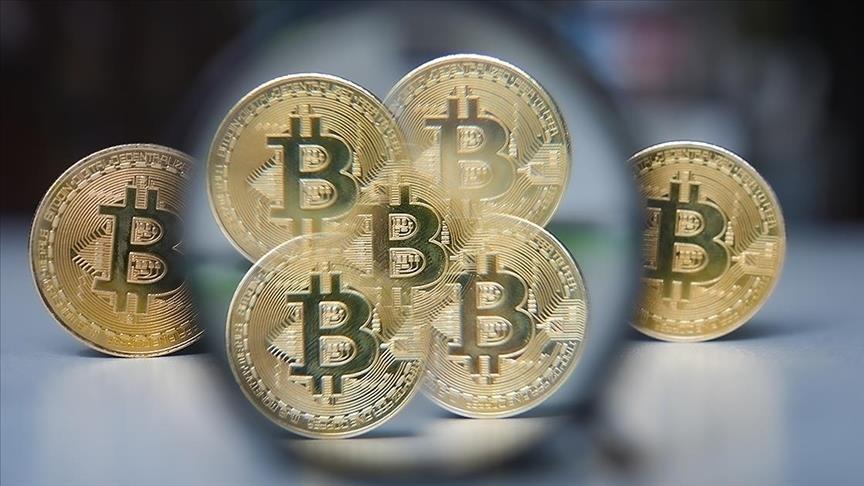Africa-Press – Kenya. US President Donald Trump announced reciprocal tariffs Wednesday on more than 180 countries on his self-proclaimed “Liberation Day”– leading to selling pressure on crypto assets and triggering a nearly 10% decline in cryptocurrencies.
Trump’s reciprocal tariffs, ranging from 10% to 50%, led to declines across European and Asian stock markets, while losses in US futures exceeded 3% the following day, as his announcement came after markets closed in the US.
Among the US’ largest trading partners, the EU was slapped with 20% reciprocal tariffs, with China at 34% and Japan 24%.
Bitcoin fell to $82,000 after touching $88,000, while many altcoins fell as low as nearly 10%.
The cryptocurrency total market value fell from $2.8 trillion to $2.6 trillion at the same time.
Mustafa Batuhan Tufaner, associate professor of economics at Istanbul Beykent University, told Anadolu that tariffs affected the stock market due to the expectations that they would suppress companies’ profit margins, while the demand for safe-haven assets positively affected gold prices.
“The cryptocurrency market’s direction sometimes moves in correlation with stocks and sometimes with safe-haven assets, like gold, but recently, tech stocks have been more influential on crypto but macroeconomic developments can also change the direction of the crypto market,” he said. “International investments deem cryptocurrencies as a separate store of value, which may mean these assets can have directions separate from traditional markets.”
Tufaner said political developments around the world have proven that the cryptocurrency market has yet to reach a safe-haven status, and they are still deemed risky assets.
He noted that Washington’s tariffs may be decisive in inflation estimates and the Fed’s rate cut decisions.
“If inflation does not start to decline with the tariffs, the Fed’s rate cut cycle may decrease,” he said.
“Cryptocurrencies, like other assets, have been waiting for the Fed to start a monetary expansion cycle for some time now, and if that doesn’t happen, it may present a negative scenario for cryptocurrencies,” he added.
For More News And Analysis About Kenya Follow Africa-Press






